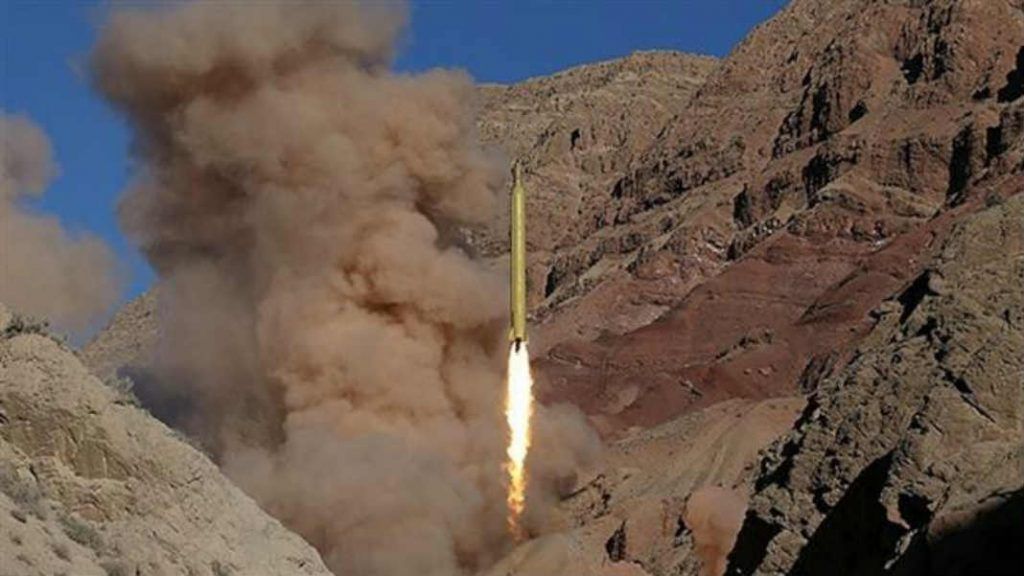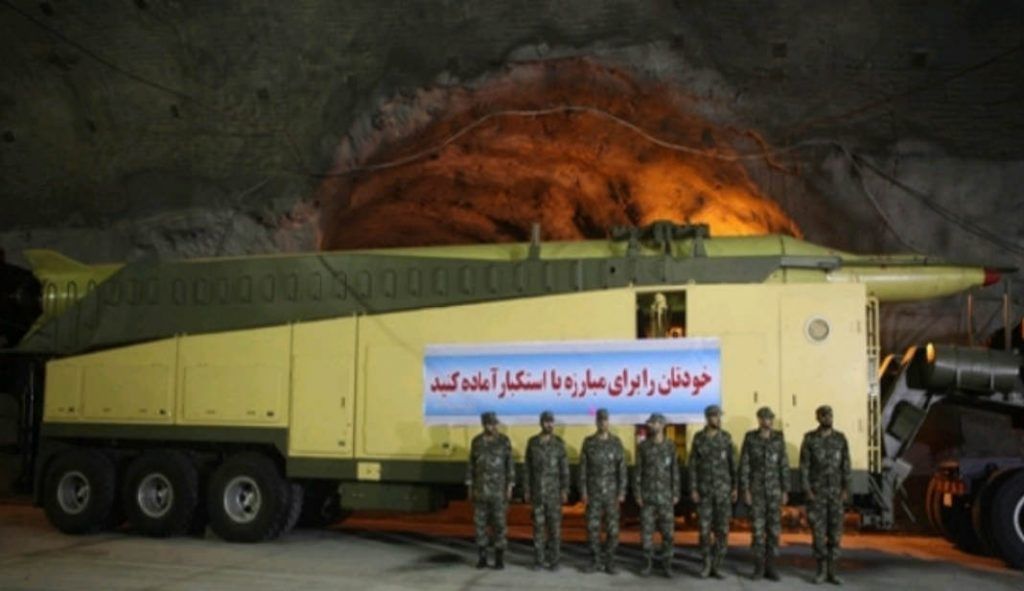February 07, 2017
By Ahmad Rafat
Iran test-fired its Khorramshahr medium-range ballistic missile outside Semnan, about 140 miles east of Tehran, on January 31, 2017. According to U.S. sources, the missile flew 600 miles before exploding in what has been described as a failed test of a re-entry vehicle. However, Iran’s Defence Minister, Hossein Dehqan, described the test as a success. The German daily Die Welt reported that on January 29, Iran had successfully test-fired the Sumar cruise missile, capable of carrying nuclear warheads with a range of 2000 to 3000 km.
Iran’s missile tests have been condemned by the Trump administration. Michael Flynn, national security advisor to the president, officially put Iran on notice on February 1, 2017. Two days later, President Trump told reporters that when it came to dealing with Iran “all options were on the table.” From all indications, U.S. is factoring the military option into its policy towards Tehran.
Meanwhile, Bob Corker, Chairman of the U.S. Committee of Foreign Relations, and Ed Royce, Chairman of House Committee on Foreign Affairs, have issued separate statements condemning Iran’s missile tests. They claim that Iran has violated paragraph 3 of Appendix B of the UN Resolution 2231 (2015) which “calls upon Iran not to undertake any activity related to ballistic missiles designed to be capable of delivering nuclear weapons, including launches using such ballistic missile technology.” In his statement, Bob Corker, the Republican senator from Tennessee, has warned that the U.S. “will not tolerate Iran’s destabilizing behaviour.”
The U.S. Congress reportedly plans to impose sanctions on a number of Iranian institutions and individuals who are accused of supporting terrorism and violating human rights. Reuters news agency reported on February 3, 2017 that the U.S. government had added names of 13 individuals and 12 companies to the list of entities already under sanctions.
urope has also weighed-in on the Iranian missile tests. While stressing that the latest test was not in violation of Resolution 2231, Federica Mogherini, High Representatative of the European Union for Foreign Affairs and Security Policy, called on Tehran to halt its ballistic missile programme, saying that it has created distrust. During a joint news conference with his Iranian counterpart held in Tehran, French Foreign Minister Jean-Marc Ayrault, told reporters that the ballistic missile test did in fact violate the UN Resolution 2231. British Foreign Secretary Boris Johnson has said that a meeting will be held on February 7, 2017 on Iran’s “very concerning” missile tests.
In Iran, meanwhile, over 200 Majlis deputies have released a statement saying that the country’s missile programme does not violate the UN Resolution 2231, echoing sentiments of President Hassan Rouhani and Foreign Minister Javad Zarif. In an interview with a Canadian TV station, Ali Akbar Salehi, head of the Atomic Energy Organization of Iran, said, “We won’t be hasty in our response. We will wait and see how this pans out. We can easily pick up where we left off. We will even achieve a higher level of nuclear technology than before.” Salehi pointed out that Iran had been able to quickly resume its nuclear activity following the preliminary nuclear deal framework agreement reached between Tehran and the P5+1 countries in 2005.
Although pale in comparison to what Iran’s Arab neighbours and regional rivals spend on their militaries, the West is wary of the Islamic republic’s $11.6bn military budget for the next calendar year, starting March 21, 2017. It reflects an increase of $1.3bn compared to the previous year. The extra expenditure will undoubtedly be used to upgrade the arsenal of its armed forces and Iran will become even more belligerent.










